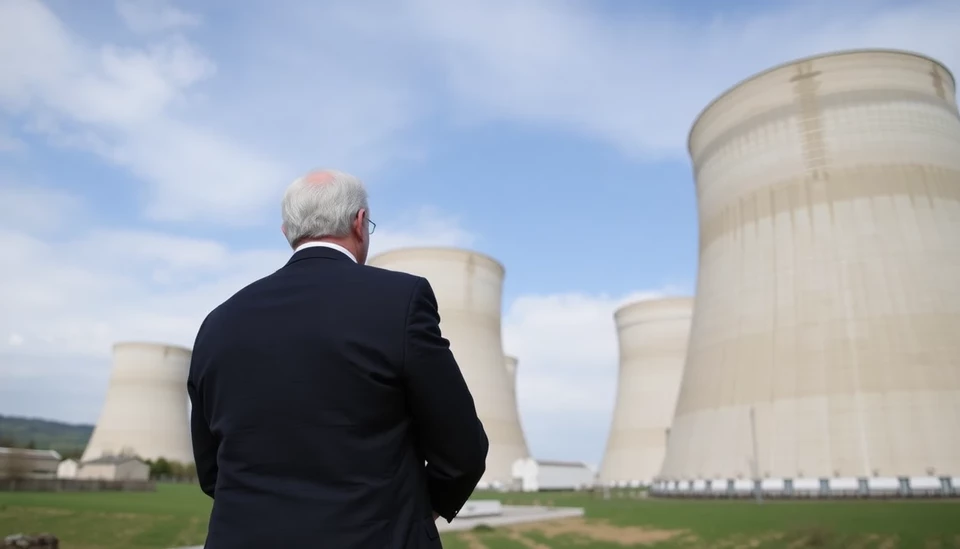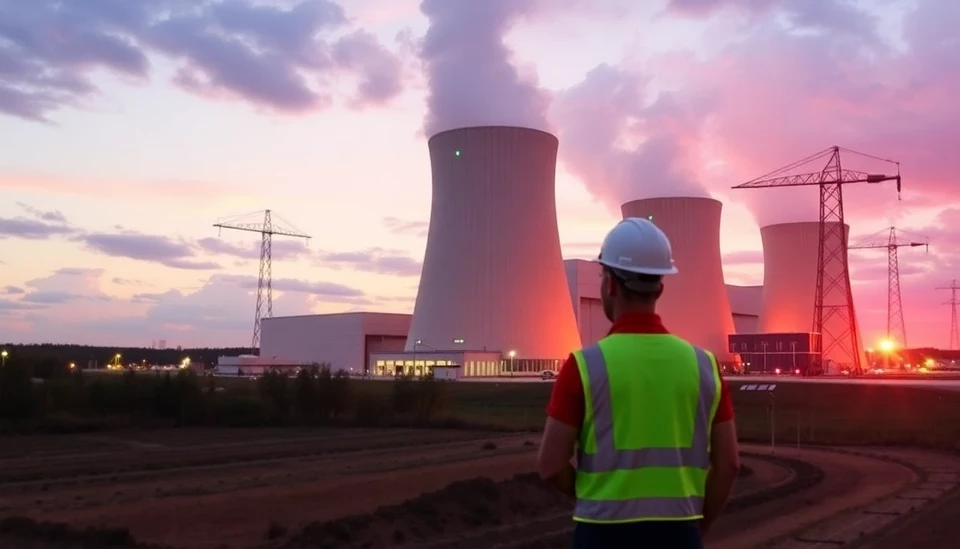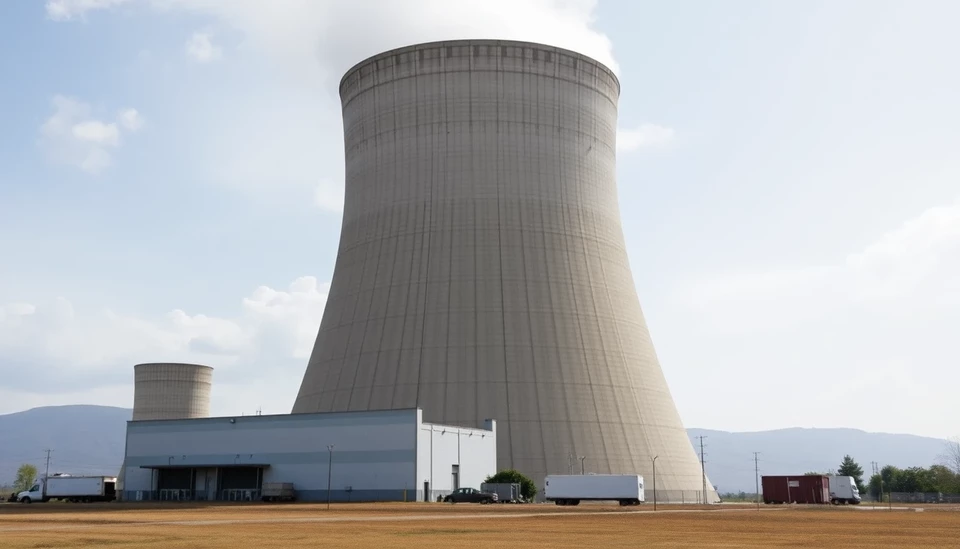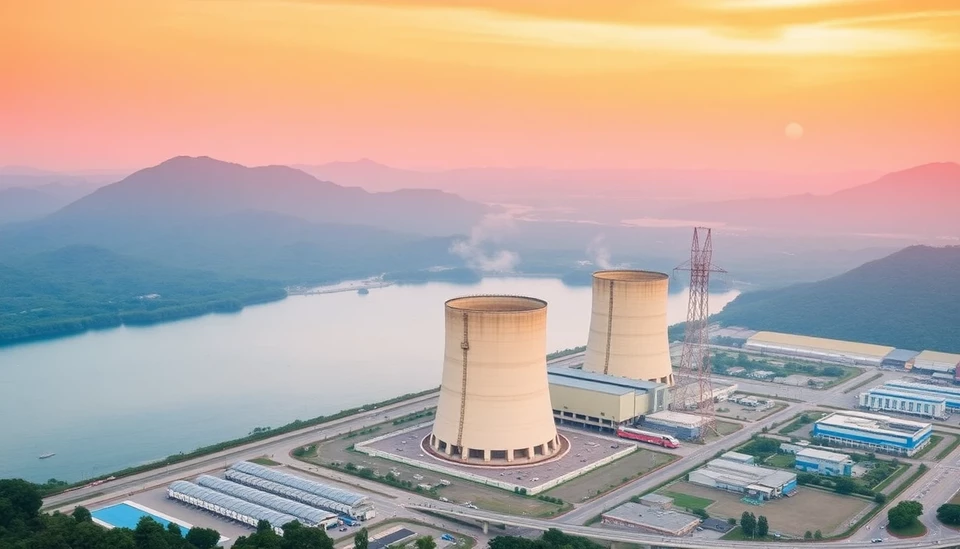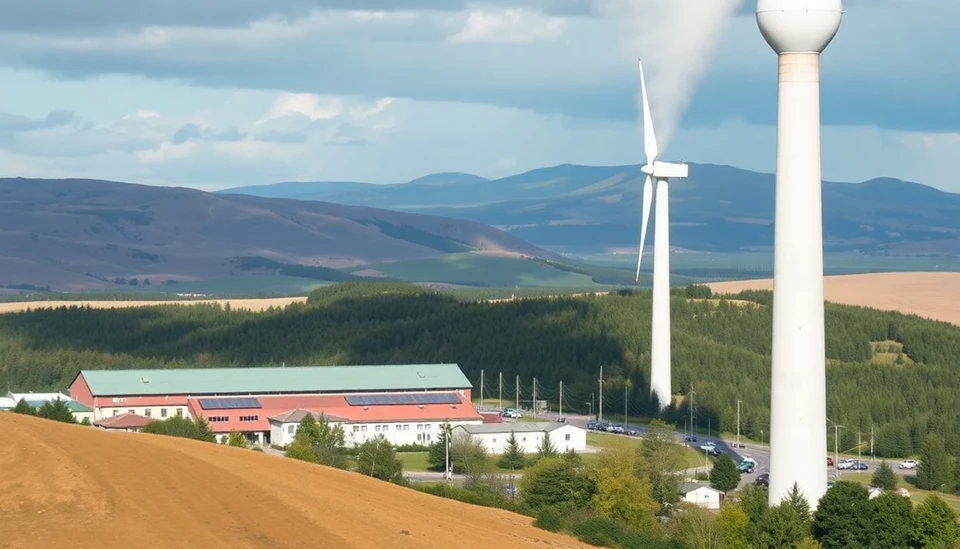
In recent developments, European nations are witnessing a significant shift in their energy dynamics, with a marked decline in the utilization of nuclear power as renewable energy sources surge in prominence. This trend showcases a broader commitment to sustainability and a transition toward greener energy alternatives across the continent.
As countries aggressively ramp up their investments in solar, wind, and other renewable technologies, the reliance on nuclear energy, once a cornerstone of many national energy strategies, is being sidelined. For decades, nuclear power was hailed as a vital component in reducing carbon emissions and achieving energy independence. However, fluctuating public sentiment regarding safety concerns—exacerbated by major incidents in the past—has led to a reassessment of nuclear power’s role in the energy mix.
Across Europe, various governments are now implementing policies that favor renewable energy. This paradigm shift is further enhanced by decreasing costs associated with renewable technologies, making them not just environmentally viable but also economically attractive. The transition is particularly evident in countries like Germany, where a policy aimed at phasing out nuclear energy has been embraced in favor of wind and solar projects.
In France, known for its heavy dependence on nuclear energy, discussions are underway regarding the future of its nuclear fleet. While the French government remains committed to maintaining a portion of its nuclear infrastructure, the exploration of extensive offshore wind projects indicates a marked change in energy strategy. This dual approach aims to balance energy security with a green transition, ensuring that while nuclear remains part of the energy mix, it does not dominate it.
Meanwhile, countries such as Denmark and Spain are leading the way in harnessing wind power, achieving record levels of electricity generation from renewable sources. This burgeoning green power landscape is indicative of a new era in European energy, wherein the focus is increasingly on sustainable practices and reducing reliance on fossil fuels and nuclear power alike.
The European Union's ambitious Green Deal further aligns with this vision, aiming to become the first climate-neutral continent by 2050. Under this framework, member states are called to collectively reduce greenhouse gas emissions and bolster investment in renewable energy technologies, casting even more doubts on the future viability of nuclear energy in the region.
As nuclear plants are sidelined, the challenge remains in energy stability and supply. Opponents of moving away from nuclear highlight concerns over energy reliability and the increasing dependency on intermittent renewable sources. The balance between transitioning to renewable energy and maintaining a stable power supply will be an ongoing conversation throughout Europe as decisions are made in governmental halls, impacting not just policy but also the economies and lives of millions.
In conclusion, Europe is at a crossroads with its energy policies, veering away from nuclear energy amid a flourishing landscape of green energy initiatives. As this sector continues to evolve, one thing remains clear: the commitment to a carbon-neutral future is steering the continent toward a more sustainable energy landscape.
### Hashtags:
#NuclearPower #RenewableEnergy #GreenEnergy #SustainableFuture #EnergyTransition #ClimateChange #EuropeanUnion
Author: Victoria Adams
